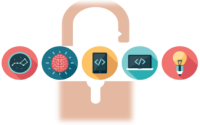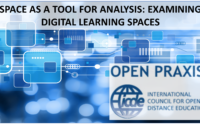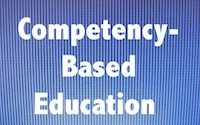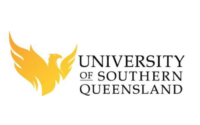
Conceptualising OEP: A review of theoretical and empirical literature in Open Educational Practices
Conceptualisations of open educational practices (OEP) vary widely, ranging from those centred primarily on the creation and use of open educational resources (OER) to broader definitions of OEP, inclusive of but not necessarily focused on OER. The latter, referred to in this paper as expansive definitions of OEP, encompass open content but also allow for multiple […]















